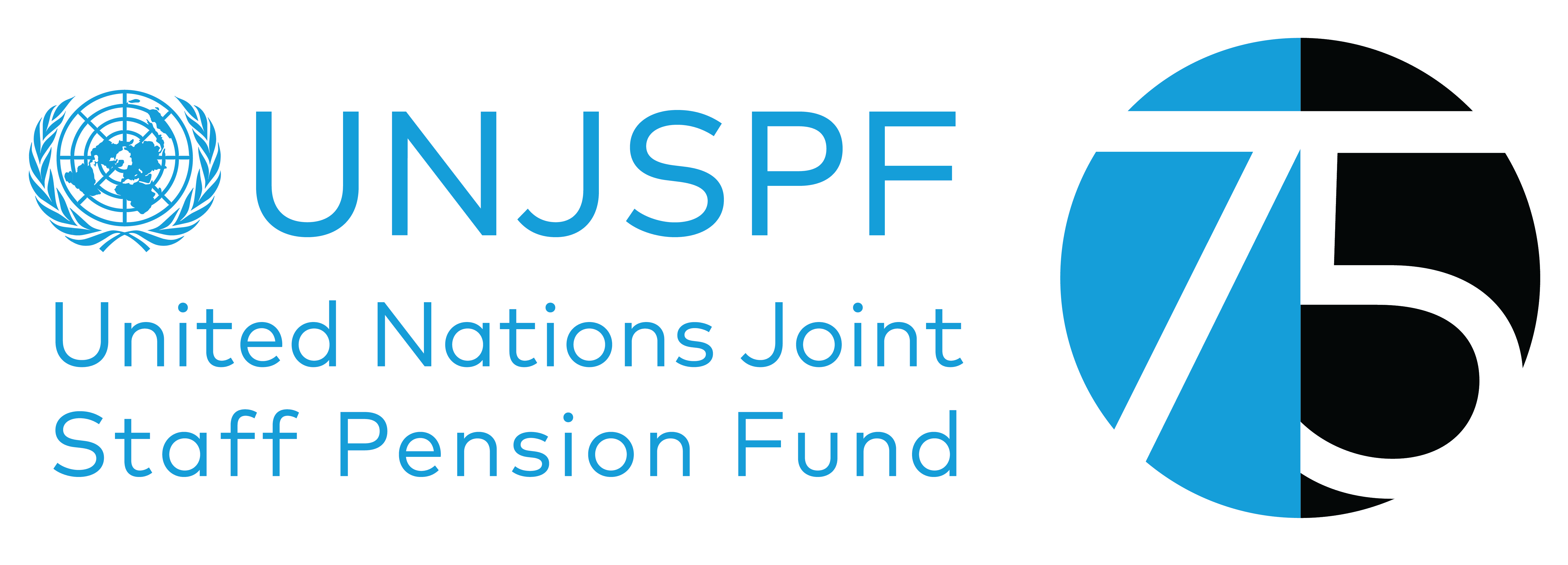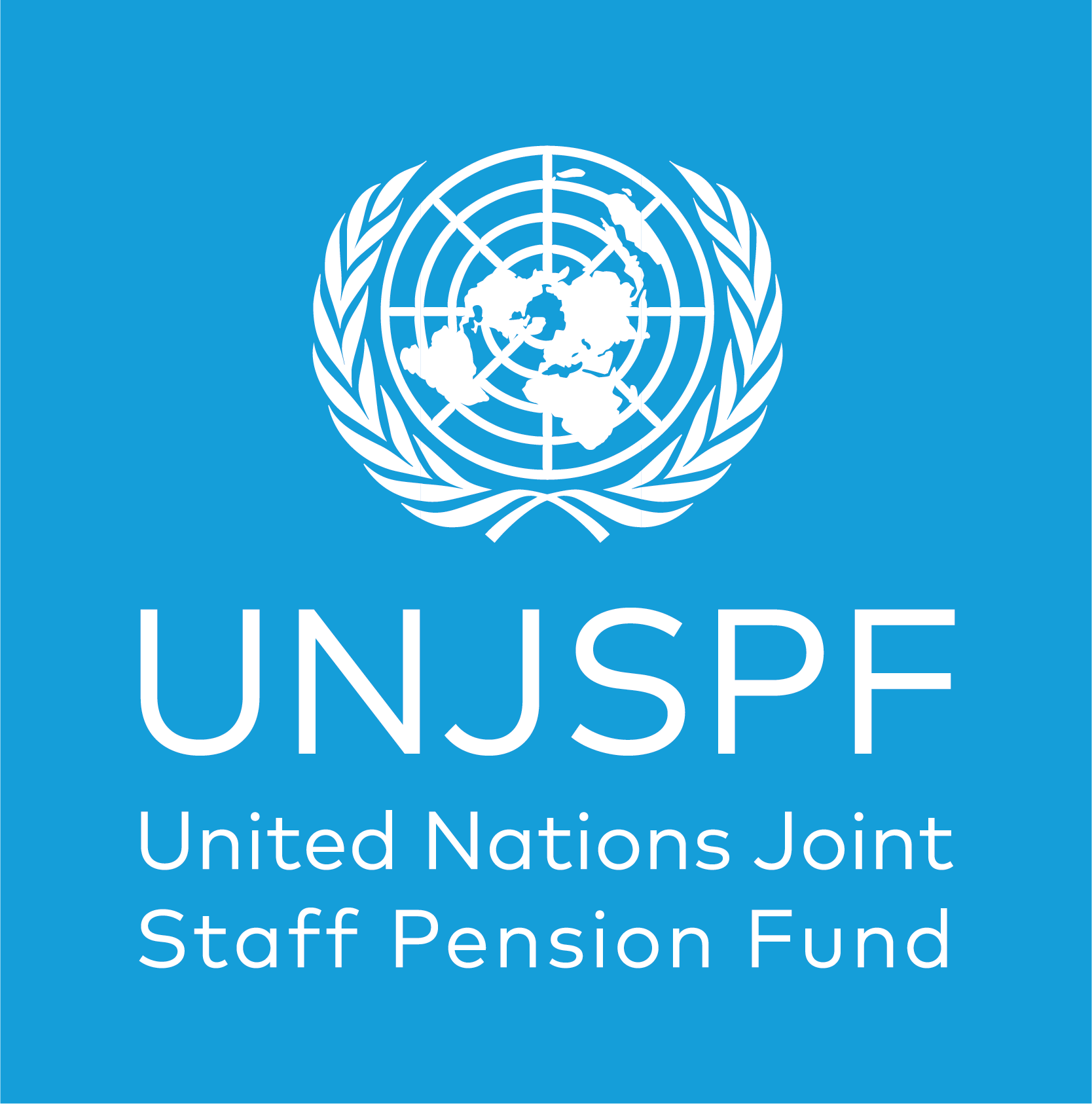UNJSPF has reaffirmed its ongoing commitment to global health and biodiversity by signing a public statement urging decisive action by policymakers against the rising threat of antimicrobial resistance (AMR).
“AMR has been declared one of the top ten global threats to human health,” reads the Investor Action on AMR Public Investor Statement. "Driven by global overuse and misuse of antimicrobials in humans, animals and agriculture...AMR has become a systemic risk akin to climate change and nature loss.”
“The consequences of AMR demand an urgent and united global response,” said Pedro Guazo, Representative of the Secretary-General for the investment of UNJSPF assets. “As a universal owner, the Fund pays close attention to the systemic risk posed by AMR, and as part of the UN, we embrace our leadership role in helping the financial sector to overcome this challenge.”
Efforts around preserving and restoring biodiversity align with the Fund’s broader strategic approach to prioritizing healthy people and planet to support long-term financial sustainability.
The investor statement cites research forecasting that by 2050, 10 million lives per year and US$100 trillion are at risk due to the rise of drug-resistant infections. It also points to a World Bank Study forecasting a loss in annual global GDP of up to 3.8 percent if action is not taken.
UNJSPF joined the FAIRR Initiative in 2023. The collaborative investor network strives to raise awareness of the material environmental, social and governance (ESG) risks and opportunities associated with intensive animal production.
The statement has been signed by dozens of institutional investors across the world. It makes seven requests of global policymakers, geared toward:
- Establishing an independent AMR-focused scientific panel, similar to the International Panel on Climate Change (IPCC)
- Developing science-based targets for combating AMR
- Reducing the use of antibiotics in agriculture and animal farming
- Limiting antibiotic residues from manufacturing, livestock manure and wastewater treatment
- Surveilling AMR and antibiotic use
- Developing new antimicrobials and antimicrobial alternatives
- Achieving equitable global access to antimicrobials and antimicrobial alternatives
To read more about the Fund’s proactive approach to responsible investment, visit our website.





